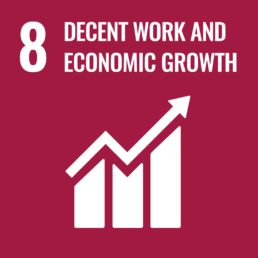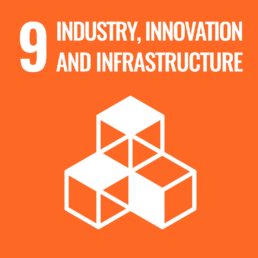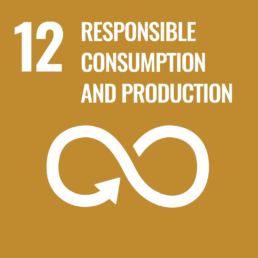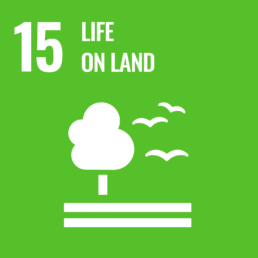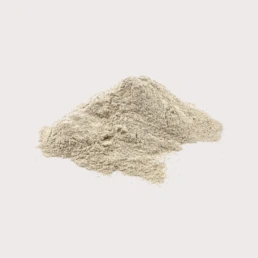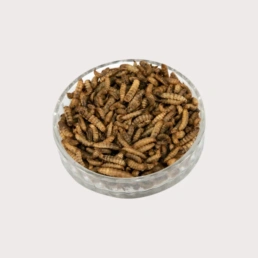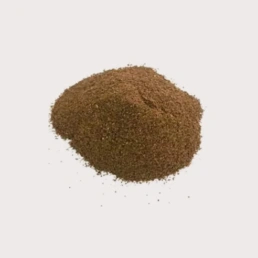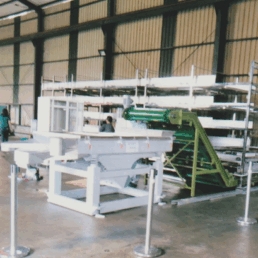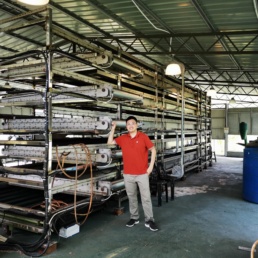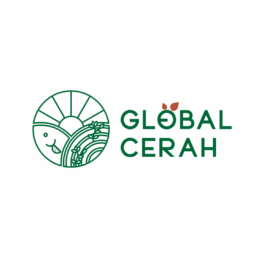
Global Cerah (GC) converts organic waste into alternative animal feeds and fertilizers using a proprietary integrated system supported by IoT technology. GC has supported 5,000 farmers through a subsidy program that has reduced their production costs by 30%. and diverted over 50,000 tons of organic waste from landfills, repurposing it into high-value agricultural inputs. By closing the loop between waste and food systems, GC contributes to both environmental sustainability and economic resilience for farming communities.
Global Cerah integrates organic waste management with the production of alternative protein and fertilizers through a fully sustainable system supported by Internet of Things (IoT) technology. The Company’s proprietary solution enables the efficient transformation of organic waste into high-quality agricultural inputs, ensuring consistency, traceability, and strong environmental performance.
The system applies IoT to connect all stages of robotic process automation (RPA), starting from waste collection and treatment to the final production of protein-rich feed meals and organic fertilizers. Sensors, particularly temperature controls, are embedded throughout the process to regulate critical parameters—especially during the heating phases of waste treatment—ensuring optimal microbial activity and safety standards. This integration allows for real-time monitoring, data-driven adjustments, and minimized risk of contamination or variability in product quality.
All final products are derived entirely from recycled organic waste such as crops, fruits or vegetables, without the use of chemicals or artificial additives. As a result, the outputs are free from pollutants and rich in essential nutrients vital for livestock health and plant growth. These high-nutrient feed meals contribute to more sustainable livestock production, while the fertilizers support soil regeneration and improved crop yields.
By closing the loop in the food and agriculture value chain, GC not only diverts waste from landfills but also supports food security, cost reduction for farmers, and carbon footprint reduction. The integration of advanced technology with circular economy principles positions GC as a key player in the transition toward regenerative agriculture.


